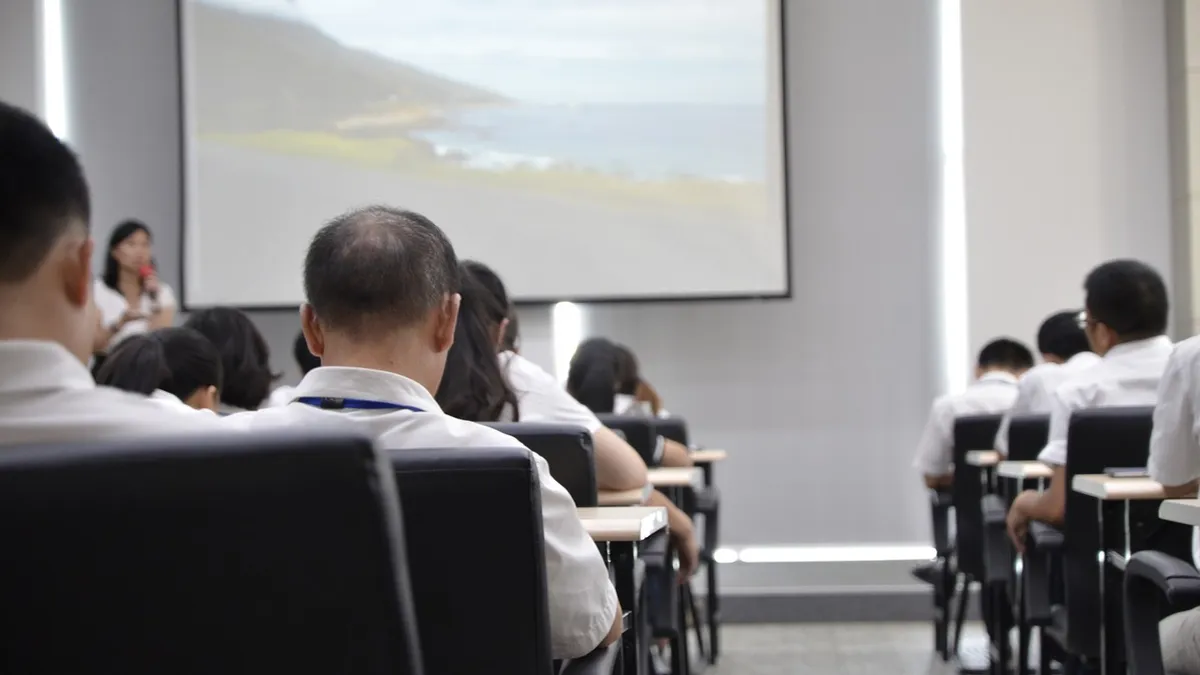Dive Brief:
- As sexual harassment allegations in the entertainment industry continue to make headlines, NPR’s All Things Considered recently highlighted the fact that trainers, lawyers and even the U.S. Equal Employment Opportunity Commission (EEOC) believe that sexual harassment training is failing workers. As victims voice their “#MeToo” moments, the breadth of the problem is becoming even more apparent.
- The EEOC recently reported that the actual impact of sensitivity training has been negligible over the past three decades. Even one of NPR’s own news editors recently resigned in the wake of allegations; the company admits he did not complete sexual harassment training.
- Why is the training so ineffectual? Patricia Wise, Esq., who served on the EEOC’s task force on harassment, told NPR: "I don't think people have been very motivated.” She believes managers and staff see the training as a mandatory exercise to mitigate employer risk and liability, rather than training that creates a culture of respect and professionalism.
Dive Insight:
The approach to sexual harassment as a liability issue rather than a cultural issue may be evidenced by the rise in sales of sexual harassment insurance policies. Employment practices liability insurance (EPLI) can provide employers with financial protection against costly claims, but it only addresses each situation individually. It shouldn't let HR off the hook when it comes to policies, prevention and enforcement.
For all employers, the shift to create a professional workforce must be top-down. They’ll need to change the notion that sexual harassment training is a pro-forma ritual that employers foist on staff and management as mandatory compliance training. Rather, the emphasis must be on creating a culture of respect and zero tolerance for inappropriate workplace behaviors.
In California, the latest attempt to stem the tide of harassment in the LGBT community requires that trainers be representatives of organizations that serve the community. By working with trainers who have experienced (or work directly with those who have experienced) harassment in the workplace, they hope to improve the impact of training initiatives.












